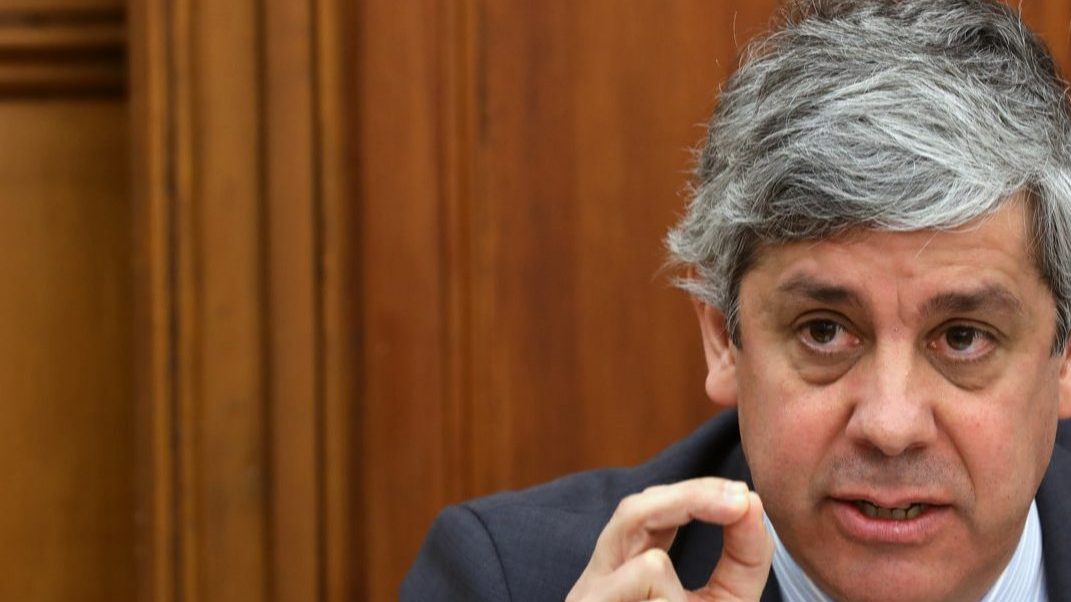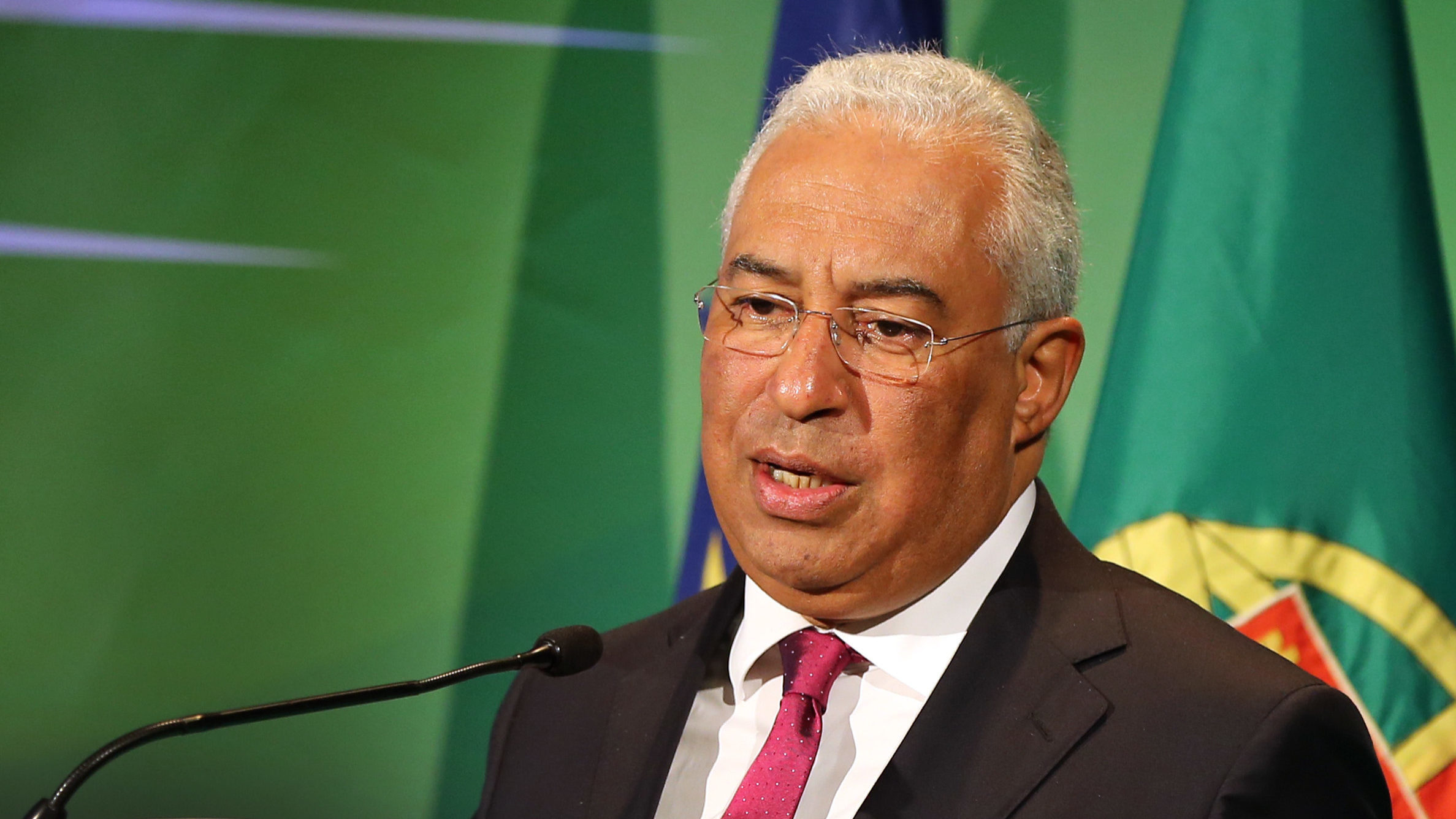Government forecasts first surplus in democracy with economy growing 1.9%
In the first budget of the new legislature, the government points to a surplus of 0.2% with the economy growing by 1.9%.
Portugal should record its first budget surplus in a democracy if the forecasts that Mario Centeno placed in the State budget for 2020 are confirmed. In recent days, the government has cut the forecast of GDP growth for 2020 by one-tenth to 1.9%.
After the elections of October 6th, the government prepared the first state budget of the new legislature which was delivered this Monday in Parliament. Without a majority in the Assembly, the executive will now have to ensure sufficient support for the document to be made viable. The first political test will be on January 10th, with the vote on the document. The final global vote is scheduled for February 6th. The parties all indicated that they would wait to see the document before defining their vote, except for the Liberal Initiative, which has already announced that it will vote against.
With the uncertain international environment, the government points to a GDP growth of 1.9%, the same as the previous year (2019). Without this impulse and after the progress made in recent years, the executive believes that the unemployment rate will continue to fall compared to the previous year, but in a more timid way than expected two months ago when it sent the budgetary plans for 2020 to the European Commission.
For next year, the Ministry of Finance expects an unemployment rate of 6.1%, two-tenths more than expected two months ago, but two-tenths less than expected for the close of 2019.
Despite the uncertain environment, the government continues to present a budget in which the watermark is the “right accounts”. For this year is expected a deficit of 0.1% of gross domestic product, below the 0.2% expected in the proposed budget for 2019. Besides this aid, some restraint will allow Mário Centeno to move from a zero balance forecast made two months ago to a budget surplus projection of 0.2% of GDP.
In this way, the government already expects progress in structural consolidation, meeting the wishes of the European Commission, which calls for a correction of the structural balance, after the draft state budget admitted that the structural deficit would worsen from 0.3% of GDP to 0.5% of GDP.
The Minister of Finance has argued that there can be no retreat in the good results on the budgetary front because the public debt remains high, it is still 119.2%, and the goal is to reach the end of the legislature with the public debt below 100% of GDP.


